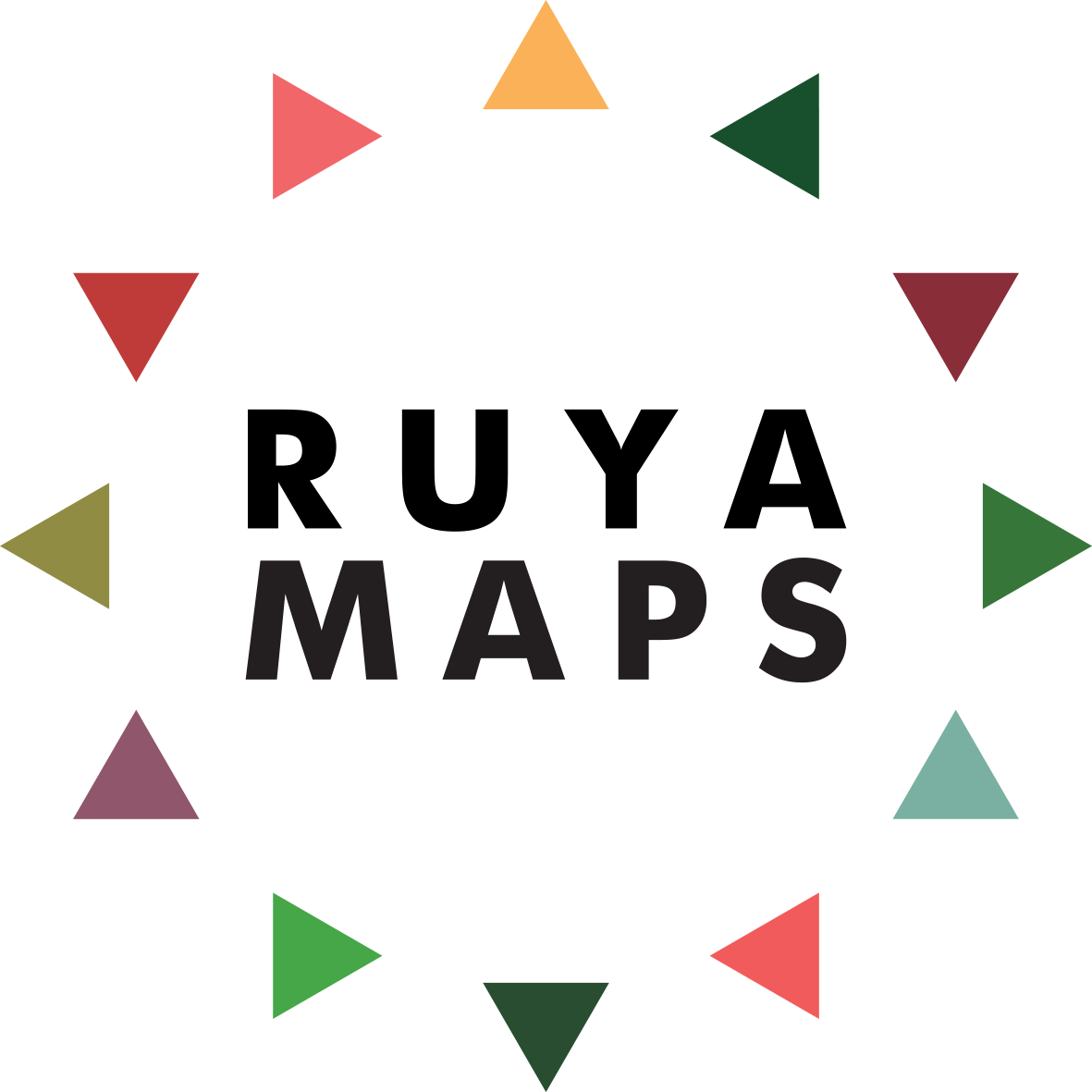Artist Profile: Farah Khelil
For the multimedia installation The landscape is not a bookmark, (2019) Khelil has re-appropriated old furniture, photographs and documents to form a new composition. The choice of a bedside table, where you keep objects that are closest to you, creates a striking intimacy. Instead of the expected family photographs, Khelil’s bedside table displays forgotten images of her hometown Carthage, Tunisia. Scenes are cut out of their context and reassembled into a collage of: ancient friezes, a dancer poised mid-move, children clambering over a donkey. In doing so, Khelil creates an ahistorical space. Although the images are gathered from across Carthage’s past - they span the Phoenician and Ottoman periods, up until the late twentieth century - the layers of history that they represent are not kept in order. Rather than be layered in an arrangement that adheres to chronology, the photographs share the same picture plane within the piece. The consequent juxtapositions between the images suggests a sense of disruption and loss in the way that Carthage has changed over time.
In another material layer to the work, The landscape is not a bookmark incorporates a video viewed through a digital frame in the table’s surface. The film show a hand turning pages in a book, presumably searching for specific passages. This draws on the two dictionaries that Khelil has placed side by side nearby in the collage, one French and one Arabic. Opened at the same word, but with definitions that vary in the extreme, the arrangement of the books questions the objectivity that dictionaries impart. Khelil’s interest in language is part of the focus on change that she maintains throughout her work. Contrary to the fixed definition offered by her dictionary, semantic change is an inevitable reflection of time. Shifts in Arabic are just as present in Carthage as physical changes to the environment. But, as the work makes clear, neither language nor the landscape can be used as a static placeholder, a bookmark.
Khelil’s interest in gathering and arranging documents could stem from her early engagement with art history - a period when her relationships with famous works were mediated by media, documents and text rather than “having seen any work live.” As she has previously said in an interview “my practice has turned towards the relationship between distance and real, towards a critique of the notions of history and tradition, trying to measure the impact of this distance on the personal and collective consciousness.” This turn is notable in her latest work Sphères (2019), a series of postcards that have been painted to leave circles of the underlying image visible.
By their nature as ephemera, postcards are not intended to survive longer than a day. The fact that Khelil’s selection of Tunisian tourist photographs have lasted a number of decades shows that they have resisted time, even before Khelil incorporated them into Sphères. Most of their surfaces have been covered by paint; time, a force that covers everything, is represented by the paint’s opaque white. The consequent loss of the original image suggests the effects of urbanisation and modernisation on the places that the postcards depict. Khelil’s interventions in the landscape mean that the viewer only sees a small fraction of the image. We are left with small sphères in both senses of the word: as a series of circles, and as domains, regions or territories. In controlling the view, Khelil enacts the role of historian and reminds her audience that history is concerned with how the past is framed. Postcards are objects that work to overcome distance, but through Khelil’s practice they also work to highlight the effects of time.
Farah Khelil (b. 1980, Carthage) lives and works between Paris and Tunis. She has an MA in Fine Arts from the Institut supérieur des beaux-arts in Tunis and she holds a PhD in Art and Art Sciences from the Panthéon Sorbonne, Paris 1, where she has taught since 2010. She has exhibited internationally with recent solo exhibitions at Undercurrent Projects, New York (2016), Appartement 27 bis, Paris (2017) and Selma Feriani Gallery, London (2018). Khelil has been included in group exhibitions at Galerie deux, Marseille (2017), B’chira Art Center, Tunis (2017) and Handel Street Projects, London (2017). In 2017 she had a residency at Under the Sand in Gafsa. Khelil participated in Jaou festival, Tunisia (2018) and ‘Le Pavillon de Escale 03’ in Senegal (2018). Khelil won first prize at the 2005 Digital Solidarity contest and first prize at the Art et Cultures Numérique contest in 2007. She was recently nominated for the 2019 AWARE Prize for Women Artists.
Interview cited: A Conversation with Farah Khelil on the Occasion of her Exhibition “Graines de pensée” at Selma Feriani Gallery, Tunis, Tunisia, by James Scarborough
Farah Khelil, The landscape is not a bookmark, (2019), image courtesy of Rebecca Fanuele.
“Shifts in Arabic are just as present in Carthage as physical changes to the environment. But, as the work makes clear, neither language nor the landscape can be used as a static placeholder, a bookmark. ”
Postcards from the artist’s studio.
Farah Khelil, Sphères (2019), image courtesy of Farah Khelil.



